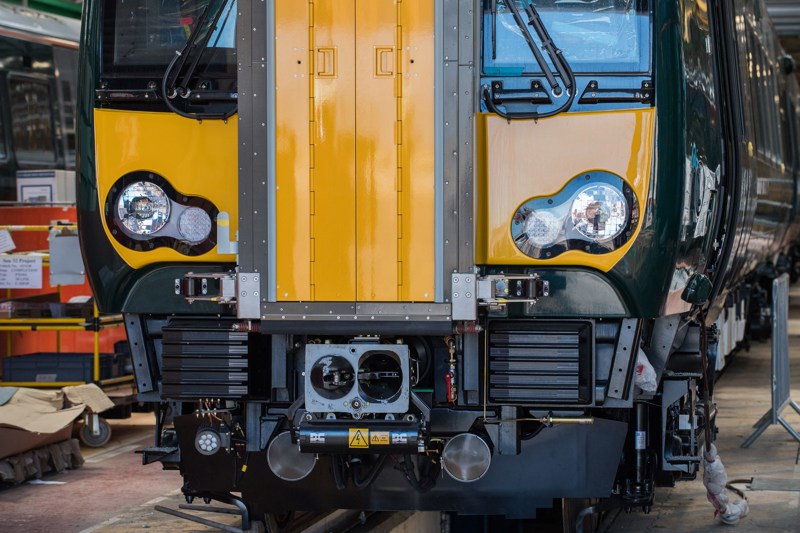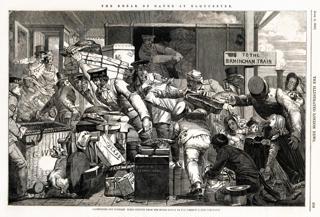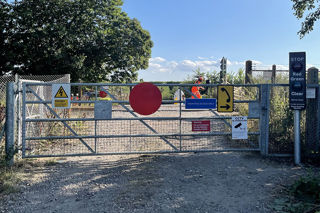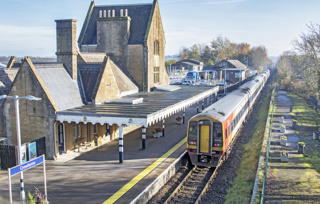
The Transport Committee has launched a new inquiry to investigate how the government can establish a stable pipeline of rail projects to secure the future of the industry.

The Transport Committee has launched a new inquiry to investigate how the government can establish a stable pipeline of rail projects to secure the future of the industry.
The inquiry follows a period of insecurity in the industry with concerns about the recent boom-and-bust cycles that have plagued the rail supply industry continuing.
The issue has led to job losses at various plants across the country, with Alstom at Derby and Hitachi Rail at Newton Aycliffe in County Durham both having its production lines close to stopping this year before orders were placed. Hitachi Rail recently signed a £500 million deal with FirstGroup to build 14 new trains at Newton Aycliffe whilst 1,200 jobs were saved at Litchurch Lane in Derby after Alstom signed an order with the DfT to build 10 new Elizabeth Line trains.
Chair of the Transport Committee Ruth Cadbury said: “For years, the stop-start inconsistency of investment in new trains and network enhancements has kept passengers, freight operators and the rail supply industry guessing about which improvements will be delivered, and when.”
The committee will be examining what steps will need to be taken to ensure the industry and its supply chain is put on a more “sustainable footing”.
The Government has recently announced that it will be continuing with its electrification plans. However, many rail suppliers are still facing significant challenges, including a skills shortage and a lack of future work and the committee is asking for comments and feedback from the industry.
Cadbury continued, “To protect jobs and ensure Britain continues to have a successful rail supply industry and services that continue to improve, this Committee will listen to businesses from the breadth of the supply chains, and others in the industry, to understand why it has been so hard to get a stable forward-plan and to recommend realistic solutions to the Government.”
The inquiry will examine how detailed, multi-year plans for rolling stock orders and infrastructure enhancements could be developed and implemented.
The multi-year plans are partly in response to recent surveys which have highlighted how the industry is facing a skills shortage. According to the National Skills Academy for Rail, 75,000 workers could be lost from the industry by 2030.
“It is good news that the Transport Select Committee will investigate supporting the railway industry by, in particular, seeking ways to stop ‘boom and bust’ investment cycles which have held back the railway supply sector’s efforts to build a better UK rail in recent years.”, RIA’s Chief Executive Officer Darren Caplan commented.
The committee will be taking evidence from a range of stakeholders, including rail suppliers, industry experts, and government officials. The findings of the inquiry will be published in due course.
Login to continue reading
Or register with RAIL to keep up-to-date with the latest news, insight and opinion.


















Login to comment
Comments
No comments have been made yet.